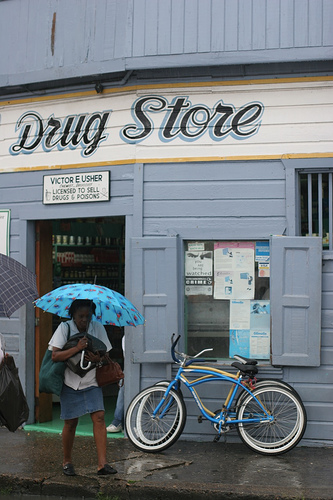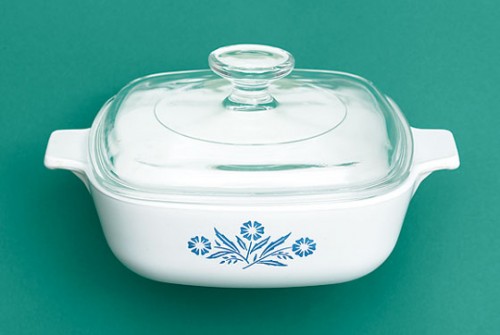Ric Gribenas is a brilliant sound and installation artist. While writing my book, I met with him in his art studio to record a conversation about his experiences of living with Hodgkin’s in his twenties. What I remember most was how he vented in his bedroom with his door shut while blasting Billy Bragg, and his take on the war analogy:
Punching The Clock
“Illness is often viewed as a battle, a war, a sad, and tragic thing. I’ve replaced the war analogy with a work analogy. Illness is work for me. Cancer is my second job. I have scheduled times I have to go to the hospital. I go. I do the work. I come home. It’s hard work but cancer has become a part of my everyday life and I certainly don’t think of my life as a battle or war being had.
The cancer analogy to war sets up patients as having these terrible things inside of us. But in my particular case, Hodgkin’s is genetic, so it is very much a part of how my body decides to operate. My body is creating these cells as part of its natural path, so the war analogy doesn’t really work. Psychologically, I don’t think the war analogy is very helpful either. Potentially it could help someone who has a short eight-month bout of cancer and goes into remission and never comes out. But for anyone who has to deal with cancer as a chronic behavior, with repeated entrances into illness, the war analogy fails because the illness is a lot more complicated than just fighting one battle and winning.”
Wit
I agree with Ric, the war analogy doesn’t work for me. When I was first diagnosed, it freaked me out that my cancer didn’t feel like something to fight against. In a series of dreams, my cancer was pearls and gems dangling from canopy beds and hung on long clothing lines. I always awoke feeling that my cancer was painful and unwanted, yet majestically important. These dreams have long vanished, as has the royalty of this malignant routine. But, I still feel that cancer is a part of my body to work with rather than fight against. Cancer is smart. I want to work with its intelligence so I can outwit it.
Do you have images for how you view your cancer? Is it a war, battle, fight? Has your perception of how you describe your cancer changed from when you were first diagnosed?
![]()
![]()



 “Everything Changes is, without doubt, the most forthright, emotionally sophisticated, and plain-old valuable book of its kind I've seen.”
“Everything Changes is, without doubt, the most forthright, emotionally sophisticated, and plain-old valuable book of its kind I've seen.”












